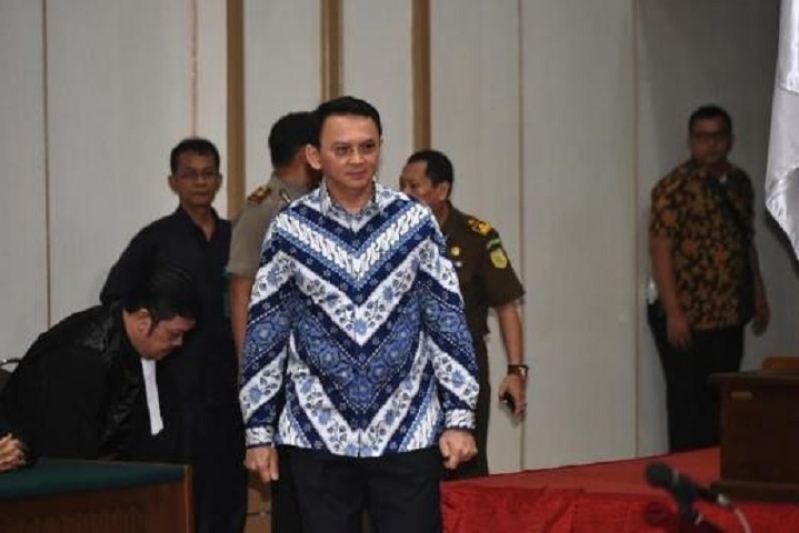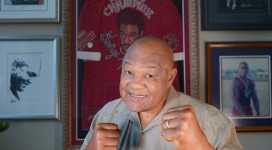
In a surprising turn of events, Jakarta's Christian ex-governor Basuki Tjahaja Purnama (also known as "Ahok"), has withdrawn his appeal against his two-year prison sentence for blasphemy "for the sake of our people and nation" and urged his supporters to trust God for the future.
"I know this is not easy for you to accept this reality, let alone me, but I have learned to forgive and accept all this," he wrote in a letter read aloud by his wife, Veronica Tan. He also thanked his supporters and those who were praying for him, or sending him flowers, letters and books.
Ahok said he had learned to forgive and had accepted the sentence for the sake of the nation and encouraged his supporters to do the same.
He explained that should he appeal the sentence, it would only spark protest rallies that would cause Jakartans to "suffer great losses, in the form of traffic congestion and economic losses resulting from the rallies".
"It's not right to hold rallies against each other over what I'm experiencing now," he said. "I'm concerned that many sides will exploit the rallies. There may be clashes with those who take issue with our struggle."
Ahok encouraged his supporters to remember that God is ultimately in control: "Gusti ora sare (God doesn't sleep). Put your faith in the Lord, now and always. In my faith I say that Lord will work out his plan for my life," he said.
While Ahok has dropped the appeal, prosecutors have still filed an appeal for a lower sentence, since the judges gave a more severe sentence than they'd recommended. Ahok's lawyers and family also said the withdrawal could give the prosecutors space to appeal.
As reported, Ahok is Jakarta's first Christian and ethnic Chinese governor since the 1960s. He rose to the position when Pres. Joko Widodo vacated the post in 2014. Within his term, Ahok took on two of Jakarta's persistent problems: flooding and traffic.
Ahok was charged with blasphemy in September 2016 after accusing his political opponents of using Qur'anic verses to stop Muslims from voting for him in his bid for re-election as Jakarta's governor. Muslim hardliners incited the people against him, mostly through social media, leading to a series of massive protests that called for his arrest.
One day after Ahok lost the election to Anies Baswedan in what local media referred to as the "the dirtiest, most polarizing and most divisive" election in Indonesia, prosecutors downgraded the blasphemy charges against him to a one-year suspended jail sentence, but on 9 May the court ruled against this and sent him to prison for two years.
The verdict was widely condemned, and earlier this week, the United Nations called on the Indonesian government to free him and to repeal blasphemy laws which they say undermine religious freedom in the Muslim-majority nation.
"We urge the government to overturn Mr Purnama's sentence on appeal or to extend to him whatever form of clemency may be available under Indonesian law so that he may be released from prison immediately," UN experts said in a statement.
They added that Ahok's sentence was "disappointing" as "instead of speaking out against hate speech by the leaders of the protests, the Indonesian authorities appear to have appeased incitement to religious intolerance and discrimination."
At the start of his trial in December 2016, Ahok said: "Our founding fathers created the nation as a secular republic, based on the concept of 'unity in diversity', but they want to force the implementation of Islamic law. How come? So, I'm happy that history chose me for this position. I am not afraid of losing my position for doing what is right."
He added: "We must really have faith in God according to our religion. I have faith in Isa ["Jesus" in Arabic]. And I have faith about where I belong and where I will go when I die - and that's why I'm not afraid to lose my life. In all I've been through, Jesus has always protected me and provided for all my needs."







